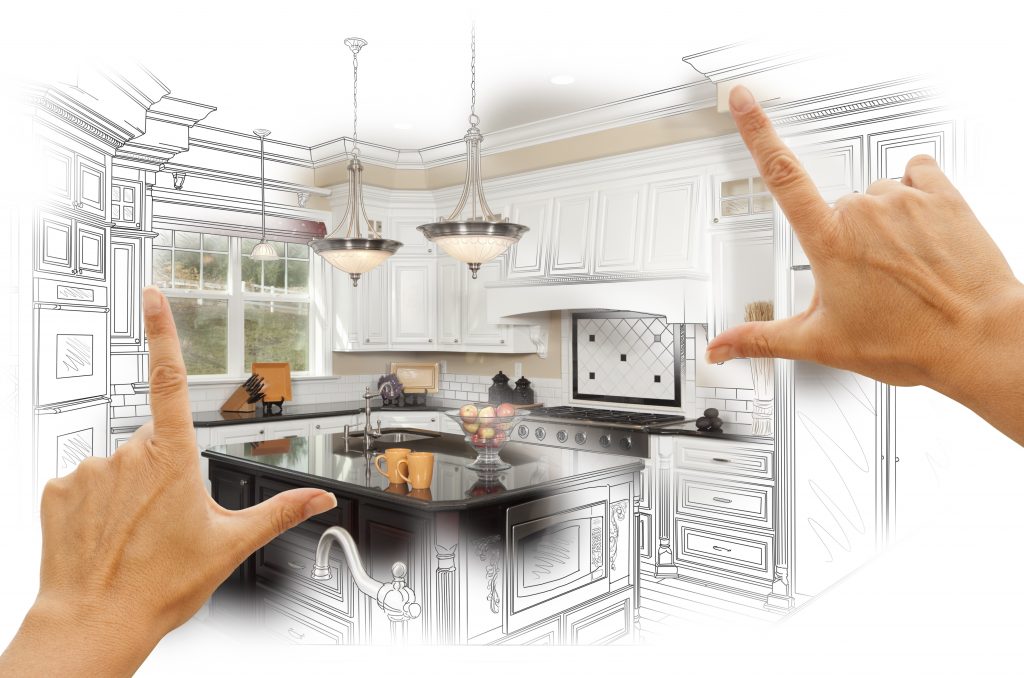Home improvement is a vast subject. It can entail a job as simple as replacing a bathroom faucet or a project as vast as adding a whole wing to a house. Some homeowners find it fun; some think of it as a necessary evil. Whatever the project, whatever the home owner’s attitude, if home improvements are made prudently they can raise the value of the home. Here are some valuable tips that can help you with your plans.
Every piece of real estate is subject to building codes; the savvy land buyer will research these codes well in advance of making a purchase. Without proper research, the requirements imposed by local codes and zoning regulations can present a nasty surprise to land holders who intend to build a new home or improve an existing one.
Hardwood, tile and other smooth surfaces may seem like a good idea in high traffic areas like stairs and hallways, but those same areas can then echo and reverberate throughout the entire house. You wouldn’t want to hear every footstep going down the hallway if you were in a bedroom sleeping.
Adding accessories to your room can be a great way to make a space feel like your own. Infuse your own personality into your room by carefully choosing some accessories to your liking. Make sure not to go overboard with decorations because it can make a small room feel rather cramped.
When it comes to home improvement, one of the first questions that you need to ask yourself is if you intend on selling the house soon. If the answer is yes, then everything you do should be solely to promote the worth of your house focus only on the critical maintenance items and the areas with highest visibility. If you are not selling soon, then you will have more leeway to design in a way that is more favorable to your own taste.
When doing home improvement projects around kitchens with gas stoves, gas fire places, or gas water heaters, it is very important to turn off the gas supply line. This will prevent any chances of injury or death caused by gas leaks, which can lead to suffocation or creating deadly gas explosions.
To save on your energy bill, try changing your light bulbs. Compact fluorescent light bulbs and LED light bulbs cost more than regular light bulbs, but use less energy to light your home and last longer. You should see returns on your monthly energy bill in no time after replacing all of the normal bulbs in your home with these.
If you are doing your own home improvement project you should be sure to get the best supplies and tools that you can afford. You might pay more to begin with, but it will cost less money over time. In general, quality products are better suited to daily wear and tear. Even though some quality tools can be a bit expensive, they save you a lot of money in the long run.
Throw your plastic shower curtain in the wash! Add a few clothes so they will swirl around with it and give it a good scrubbing. Even the most inexpensive shower curtains will survive one or two washings. You keep them out of the landfill and at the same time brighten up that tired bathroom!
Pile your home improvement lumber behind your couch! Don’t have a place to store your long pieces of lumber while you’re working on a project? Just pile it neatly behind your couch and no one will ever know it’s there. You’ll keep it dry, safe, and ready for the next time you are inspired!
To add style to your walls without spending a lot of money, hang up family photos. While artwork can be costly, picture frames can be picked up on the cheap. Don’t feel like you have to pay for a professional photoshoot. Even normal photos shot with a digital camera can look very stylish when framed.
These are just a few of the ways home improvement projects can be kept under control and ultimately beneficial to your home market value. Whether you learn a better way to do a project you already have in mind or get an idea for a whole new home improvement job, studying the subject always pays off.

